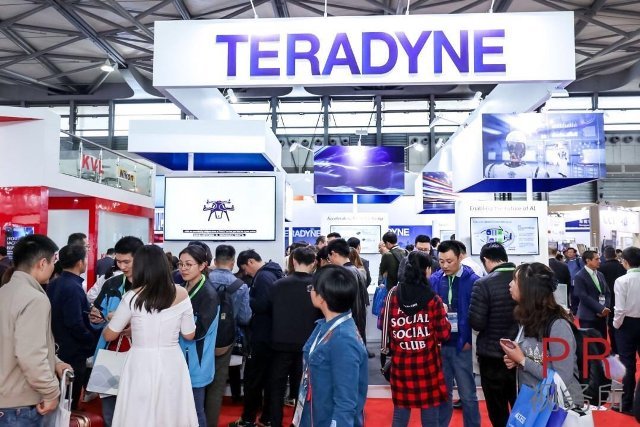Teradyne, a leading provider of chip-testing solutions, has announced a third-quarter revenue of $703.7 million, marking a decline of approximately 15 percent compared to $827.1 million from the previous year.
 The drop in revenue is attributed to various factors, including fluctuations in the tech market and shifts in consumer demand. However, the surge in demand for artificial intelligence chips, particularly in data centers, has played a pivotal role in supporting suppliers of chip-testing products like Teradyne.
The drop in revenue is attributed to various factors, including fluctuations in the tech market and shifts in consumer demand. However, the surge in demand for artificial intelligence chips, particularly in data centers, has played a pivotal role in supporting suppliers of chip-testing products like Teradyne.
These chips have become crucial components in the era of machine learning and AI-driven applications, compensating for the downturn in sales of smartphones and personal computers, Reuters news report said.
Teradyne is renowned for its expertise in designing and developing technology for testing chips and electronic equipment. The company also specializes in providing robotic systems to customers within the manufacturing sector.
Breaking down its third-quarter revenue, Teradyne has reported sales of $498 million from Semiconductor Test, $83 million from System Test, $37 million from Wireless Test, and $86 million from Robotics.
The company’s CEO, Greg Smith, stated, “Greater than planned Robotics shipments and sequential growth in Semiconductor Test combined to drive sales and profits to the high end of our Q3 guidance range.”
“As we enter Q4, test demand is focused on technology investments, with limited capacity expansion purchases expected in the quarter. In Robotics, demand has stabilized, and we anticipate delivering second-half results in line with our July outlook, finishing the year achieving record quarterly shipments.”
A positive outlook comes from one of Teradyne’s major customers, Taiwan Semiconductor Manufacturing Company (TSMC), which has expressed optimism regarding the stabilization of demand in the smartphone and computing markets.
Teradyne, which supplies testing equipment to chip designer Qualcomm and electronics firm Samsung, forecasts fourth-quarter revenue ranging from $640 million to $700 million.
